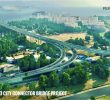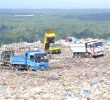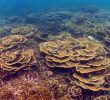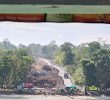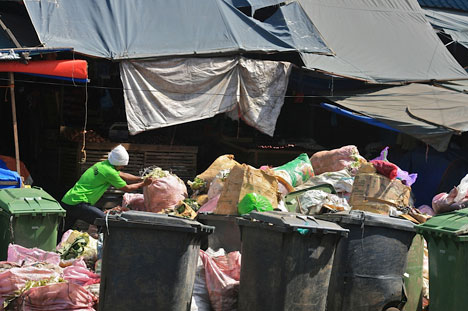
DAVAO CITY, Philippines – An environmental health group is warning city officials here that adopting a Waste-to-Energy (WtE) facility might do more harm than good.
Aileen Lucero of Eco-waste Coalition said the WtE might sound appealing as it offers to cut the volume of wastes. However, she said such technology causes air and water pollution.
“Waste incineration, particularly this Waste to Energy, pollutes and creates dioxins,” Lucero told reporters here during Monday’s Kapehan sa Dabaw, September 25.
Lucero explained that when wastes are burned, it turns into toxic ash which can cause cancer among residents living near the facility.
“It’s really a burning facility, it is quick fix but the adverse effects can also be seen quickly,” Lucero said.
As of 2015, Davao City produces an estimate of 600 metric tons of wastes daily. But Lucero said 60 percent of the city’s wastes are biodegradable, while some 24 percent are recyclable.
Recycling urged
She said having more biodegradable wastes means the city can do better if it encourages the public to segregate wastes for recycling instead of burning it. Biodegradable waste turned into fertilizers can solve the problem on waste more efficiently, she added.
When the water source gets polluted by the toxic ash, Lucero said, the city would need another treatment facility for the water. She said this shows that a WtE facility is more costly and non-sustainable compared to waste segregation and recycling.
In a statement, Mylai Santos, director of Ecoteneo and a member of the Sustainable Davao Movement, urged the city government that reduction of waste at source should be the top choice.
“The city’s landfill has overloaded its capacity because we have failed to ensure that the generation of waste is minimized through mandatory segregation at source and other Zero Waste solutions stipulated in national and local laws,” she said.
Davao potential site for WtE facility
The Department of Environment and Natural is pushing for the adoption of WTE technologies to address the country’s problem on waste disposal. Quezon City and Davao City were the potential sites of a joint venture project between Japan and the Philippines.
During her State of the City Address on September 12, Mayor Sara Duterte-Carpio said the city government is working for the approval of the Japanese government of a “fully-mechanized Materials Recovery Facility and a small Waste-to-Energy facility.”
In 2016, Ateneo de Davao University’s environmental advocacy arm Ecoteneo raised concern over the WtE’s safety, citing a similar health concern. (davaotoday.com)

